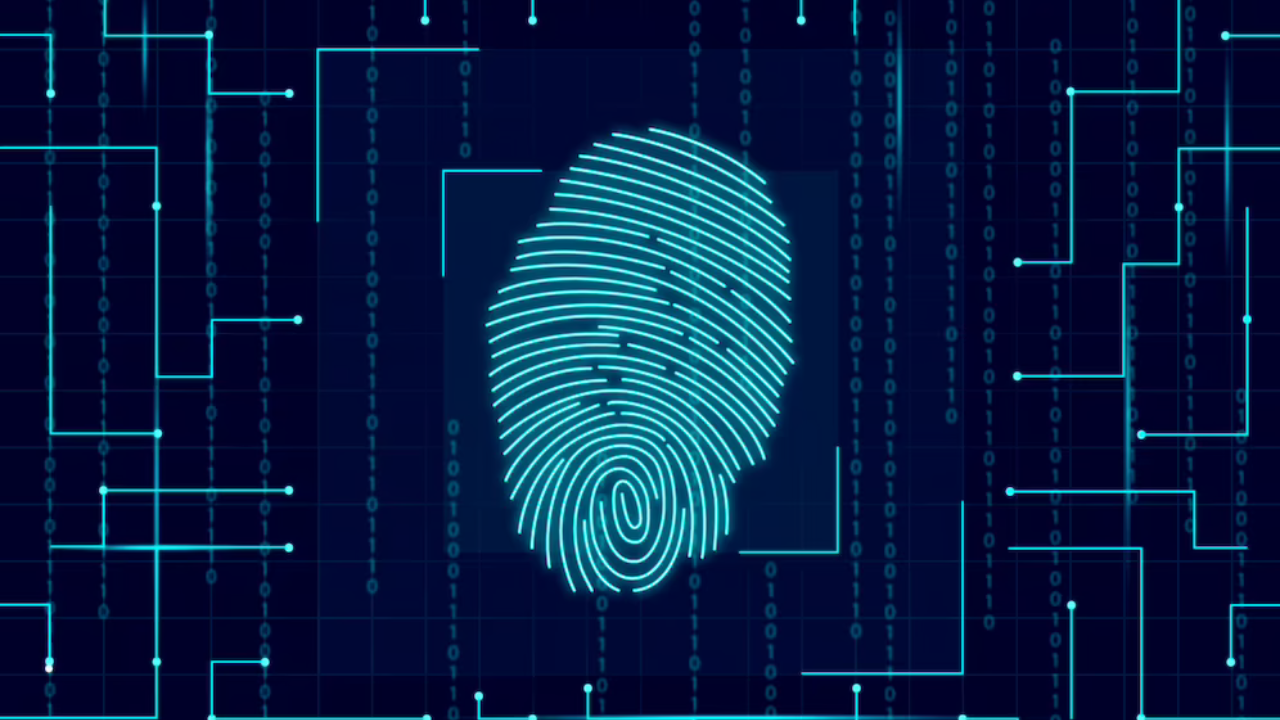Introduction
In the digital age, where our lives are increasingly intertwined with technology, trust is the cornerstone of our online interactions. Trust architecture and digital identity solutions are pivotal in ensuring that the digital world is a safe and reliable space for individuals, businesses, and governments alike. In this comprehensive blog post, we will delve deep into the concepts of trust architecture and digital identity, their importance, real-world applications, challenges, and the transformative potential they hold for the future.

The Foundations of Trust
To understand trust architecture and digital identity, let’s start with the foundations of trust in the digital realm:
1. What is Trust Architecture?
Trust architecture refers to the infrastructure and systems that establish trust in the digital world. It encompasses the technologies, protocols, standards, and practices that enable secure and reliable online interactions. Trust architecture aims to safeguard data, protect privacy, and authenticate identities in a digital environment.
2. The Role of Digital Identity
Digital identity is the digital representation of an individual, organization, or device. It includes attributes, credentials, and authentication mechanisms that verify and establish trust in online interactions. A robust digital identity is crucial for secure access to digital services, financial transactions, and more.
3. The Pillars of Trust
Trust in the digital realm relies on several key pillars:
- Authentication: Ensuring that the parties involved are who they claim to be.
- Authorization: Granting appropriate access rights and permissions based on identity and context.
- Data Protection: Safeguarding sensitive information through encryption and secure storage.
- Privacy: Respecting individuals’ rights to control their personal data.
- Compliance: Adhering to legal and regulatory requirements governing data and identity management.
The Importance of Trust Architecture and Digital Identity
Trust architecture and digital identity play a vital role in various aspects of our digital lives:
1. Online Security
- Passwordless Authentication: Biometrics, multi-factor authentication (MFA), and cryptographic keys enhance security by replacing traditional passwords.
- Identity Theft Prevention: Robust digital identity solutions help combat identity theft and fraud.
2. Digital Transformation
- E-Government Services: Governments use digital identity to deliver online services securely, from tax filing to voting.
- E-Commerce: Digital identity enables secure online shopping, reducing the risk of fraud for consumers and businesses.
3. Financial Services
- Digital Banking: Banks rely on strong digital identity to offer online banking services while safeguarding customer assets.
- Cryptocurrency: Secure digital identities are essential for cryptocurrency transactions and wallet management.
4. Healthcare
- Electronic Health Records: Digital identity ensures the privacy and security of health data while enabling interoperability among healthcare providers.
5. IoT and Smart Cities
- IoT Security: Trust architecture secures the vast network of interconnected devices, from smart home appliances to autonomous vehicles.
- Smart City Services: Digital identity supports efficient and secure urban services, from transportation to energy management.
6. Social Media and Online Communities
- User Verification: Social media platforms use digital identity to verify users, reducing the spread of fake accounts and misinformation.
Real-World Applications
Let’s explore how trust architecture and digital identity are applied in various domains:
1. Self-Sovereign Identity (SSI)
SSI empowers individuals to own and control their digital identities. Users can selectively disclose information, enhancing privacy and reducing reliance on centralized identity providers.
2. Blockchain-Based Identity
Blockchain technology offers transparency and security in identity management. Decentralized identity solutions on blockchain platforms provide users with greater control over their data.
3. Biometrics
Biometric authentication, such as fingerprint recognition and facial recognition, enhances security and user convenience. It is widely used in mobile devices, airports, and financial services.
4. Government e-ID Programs
Many countries have implemented electronic identity (e-ID) programs, providing citizens with secure digital identities for accessing government services.
5. Digital Wallets
Digital wallets, like Apple Wallet and Google Pay, store digital identities, payment information, and loyalty cards, offering convenience and security.
6. Zero-Knowledge Proofs
Zero-knowledge proofs allow one party to prove to another that they know a specific piece of information without revealing the information itself. This technology is used in privacy-preserving authentication.
Challenges and Concerns
As trust architecture and digital identity evolve, they face several challenges:
1. Privacy Concerns
Balancing the need for security with individual privacy rights is an ongoing challenge. Ensuring that personal data is handled responsibly is crucial.
2. Security Vulnerabilities
Cyberattacks, data breaches, and identity theft remain significant threats. Continual efforts are needed to stay ahead of malicious actors.
3. Interoperability
Achieving seamless interoperability between different digital identity systems and platforms is essential for a cohesive digital ecosystem.
4. Identity Verification
Ensuring that digital identities correspond to real-world individuals and entities is a complex issue. Verifying identities without compromising privacy is a challenge.
5. Regulatory Compliance
Adhering to diverse legal frameworks and regulations worldwide poses compliance challenges for global digital identity systems.
The Future of Trust Architecture and Digital Identity
The future of trust architecture and digital identity promises several exciting developments:
1. Decentralization and SSI
Self-sovereign identity (SSI) solutions will gain prominence, giving individuals greater control over their digital identities.
2. Biometric Innovations
Advancements in biometric technology will lead to more secure and user-friendly authentication methods.
3. Blockchain Integration
Blockchain-based identity systems will become more prevalent, enhancing security and data ownership.
4. Global Interoperability
Efforts to establish global standards and interoperability frameworks will foster trust architecture’s expansion.
5. AI and Machine Learning
AI-driven identity verification and fraud detection will become more sophisticated and accurate.
Conclusion
Trust architecture and digital identity are at the core of our digital existence. They enable secure online interactions, empower individuals, and drive digital transformation across industries. As technology continues to advance, addressing privacy concerns, enhancing security, and ensuring interoperability will be paramount. With the right balance, trust architecture and digital identity will create a digital future where trust is not just an expectation but a fundamental reality.
Want to learn Cybersecurity?
Enrol in the CISSP Course by Uplatz
Browse all self-paced courses by Uplatz
